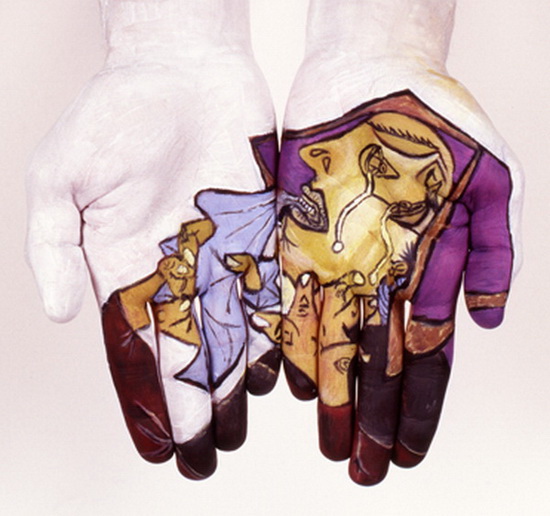In the first quarter of the 21st century, the capacity to produce, process and distribute data has grown exponentially, driven by computing and digital communication technologies. In this context, AI, a set of disciplines born alongside electronic computing in the mid-20th century, has achieved a remarkable development. Although AI is not a new idea, its current impact following the application of Generative AIs is broader than ever, reaching various areas of society and culture.
AIs can be defined as systems designed to perform tasks that, when executed by a human, require perception and knowledge, which are generally associated with intelligence. These systems interact with their physical and digital environment, process data and adapt their behavior based on the results obtained. Technologies such as machine learning and artificial neural networks are prominent examples of AIs, with applications ranging from heavy industry to health, education and the arts.
The impact of AIs has been compared to previous technological revolutions such as the industrial revolution. However, their rapid and pervasive growth demands a different approach. AIs have proven to be a powerful collaborative tool that amplifies human capabilities, yet it is critical to have oversight of their implementation to ensure fair and transparent processes.
The growing demand for AIs offers enormous opportunities for capacity building in the knowledge economy. It is crucial to foster local clusters of research and employment in this field, but given global competition, we must act quickly to generate the right conditions and develop talent.
AIs will also have a significant impact on employment. The processes of entire sectors will be transformed, and it is necessary to anticipate this with occupational retraining programs. Furthermore, the acceleration of technological change requires a restructuring of education to ensure that future professionals have relevant skills.
For AIs to operate safely and responsibly, it is necessary to develop regulatory frameworks that balance innovation with social protection. AI experts can collaborate with legislators and regulators to create rules that ensure transparency, traceability and fairness in AI systems, avoiding unintended outcomes. It is essential that these regulations are flexible, adapting to rapid technological advancement, and that they promote local technological development while protecting the interests of users and society at large.

TOPICS

PERSONAL ARTIFICIAL INTELLIGENCE
The need for some degree of control and adjustment of action-reaction with man-made technical artifacts is of itself proportional to their purposes, be they, for instance, tool-like or toy-like in nature. From a primitive...

SCIENCE FICTION NARRATIVES AND ARTIFICIAL INTELLIGENCE
In the words of one of the founding fathers of the genre, Hugo Gernsback, science fiction can be defined as an “imaginative extrapolation of true natural phenomena, existing now, or likely to exist in the future”....

EDUCATION AND ARTIFICIAL INTELLIGENCE
The advance of applied artificial intelligences, mainly Generative AIs based on Pre-Trained Large Language Models (PT-LLM) on Artificial Neural Networks (ANN) under Machine Learning (ML) techniques, represents great...
